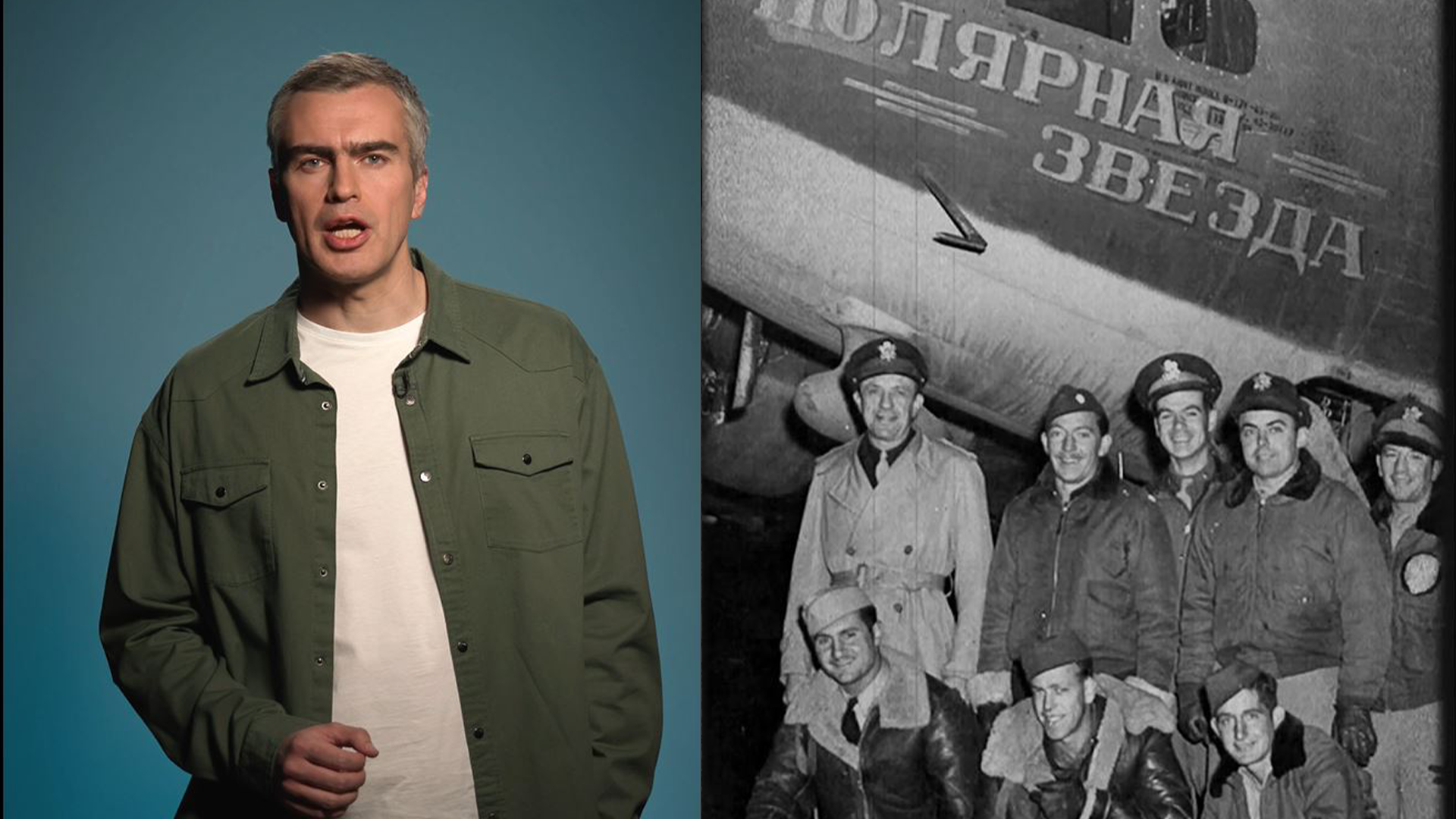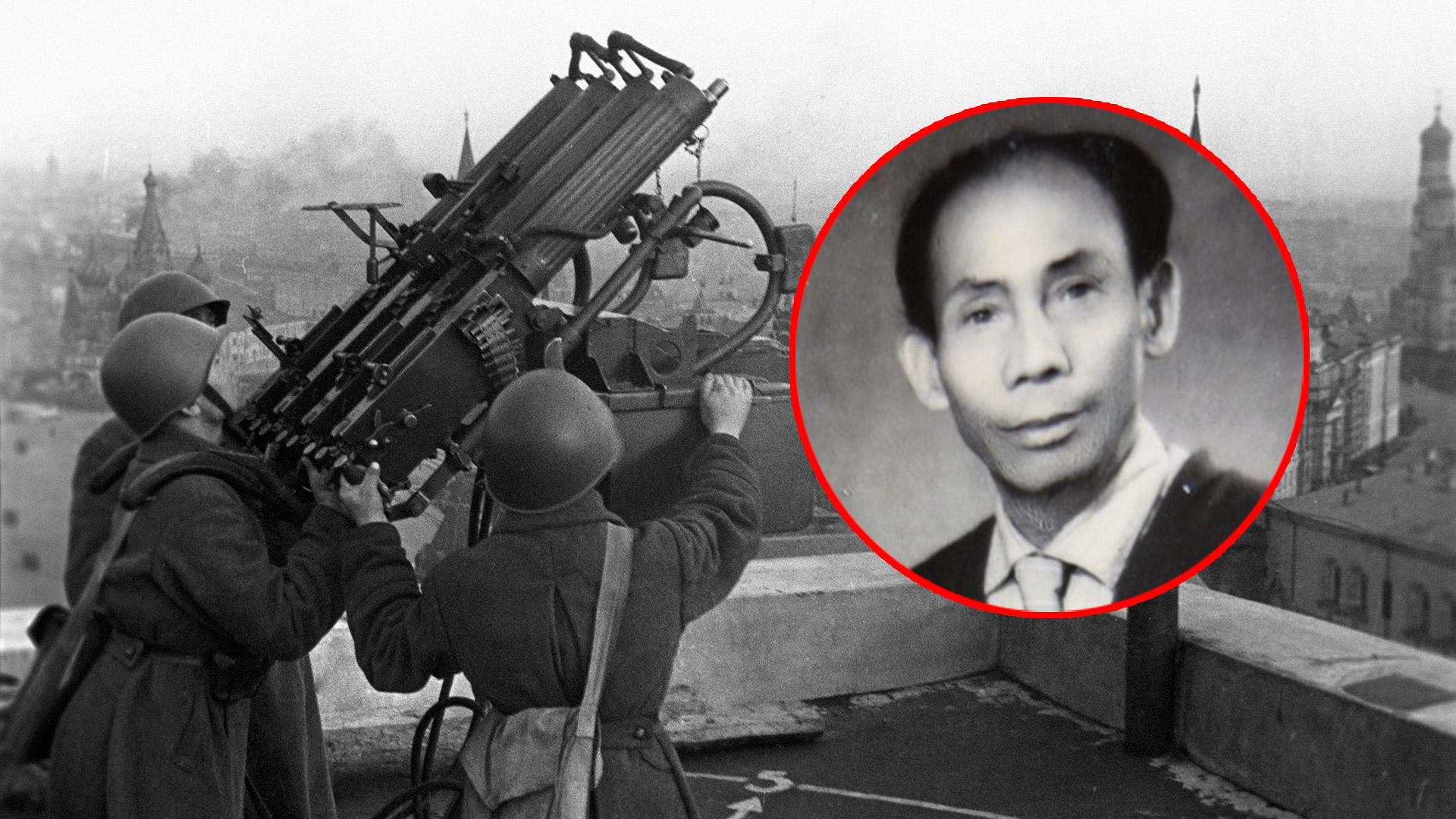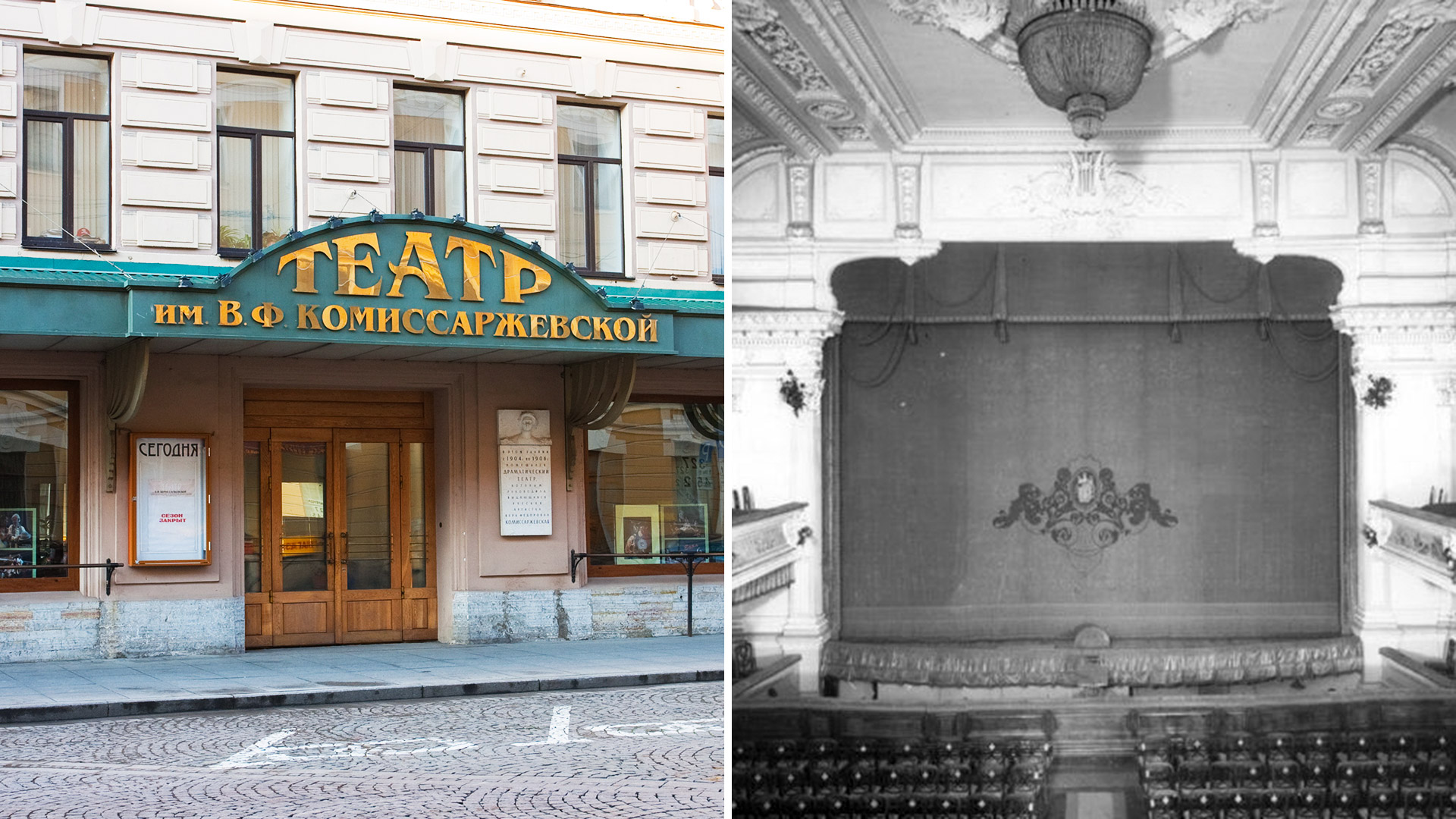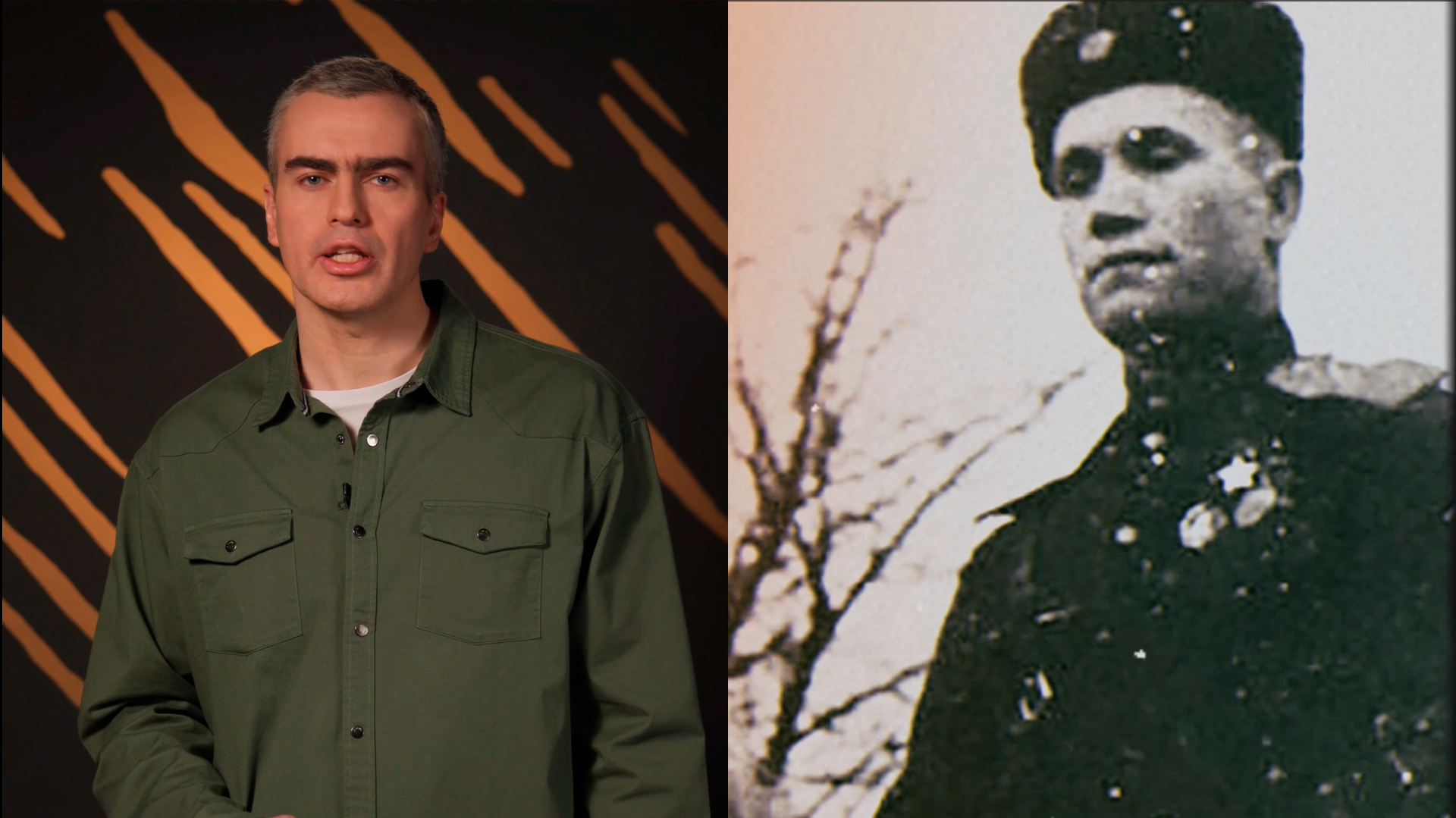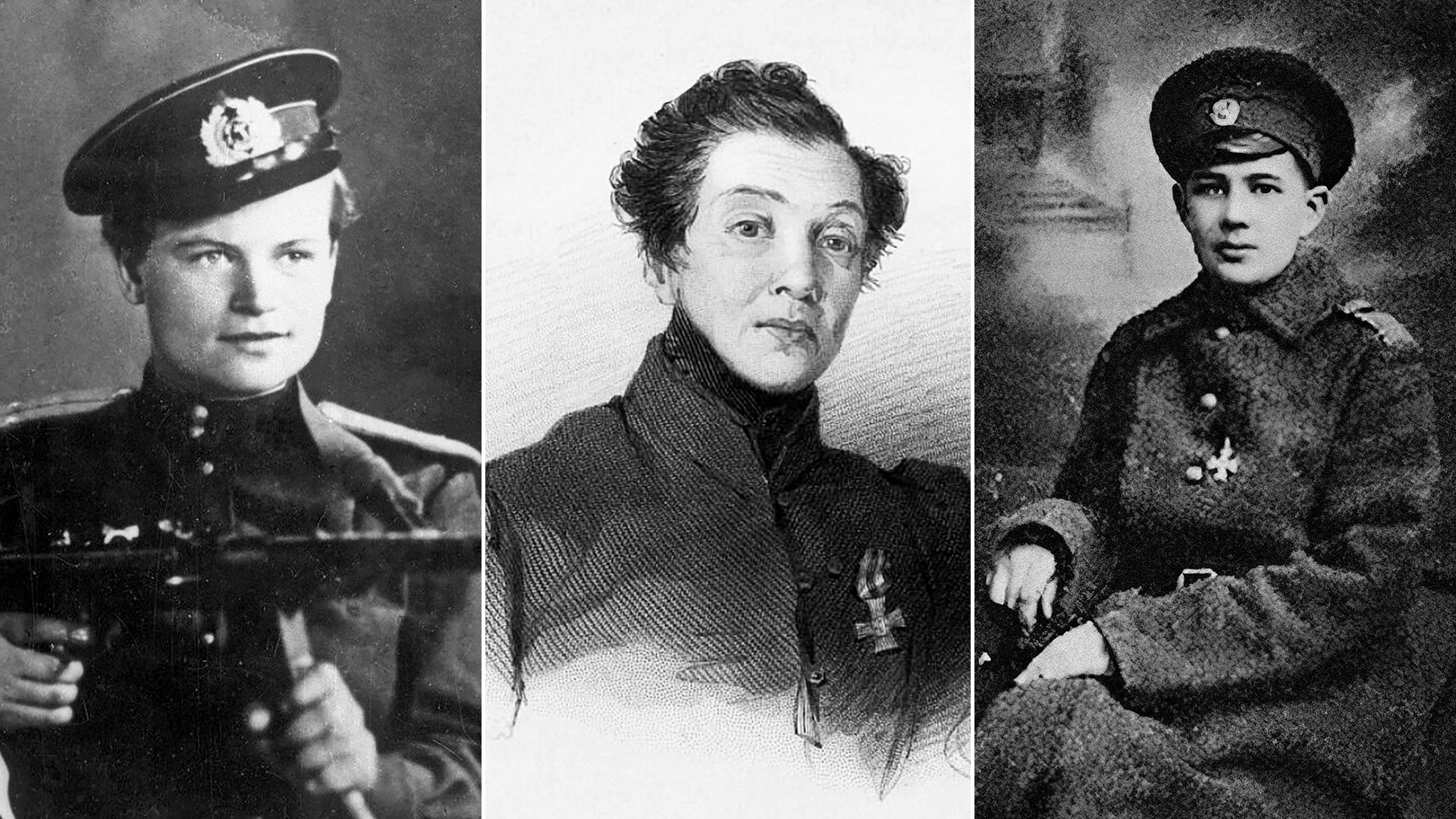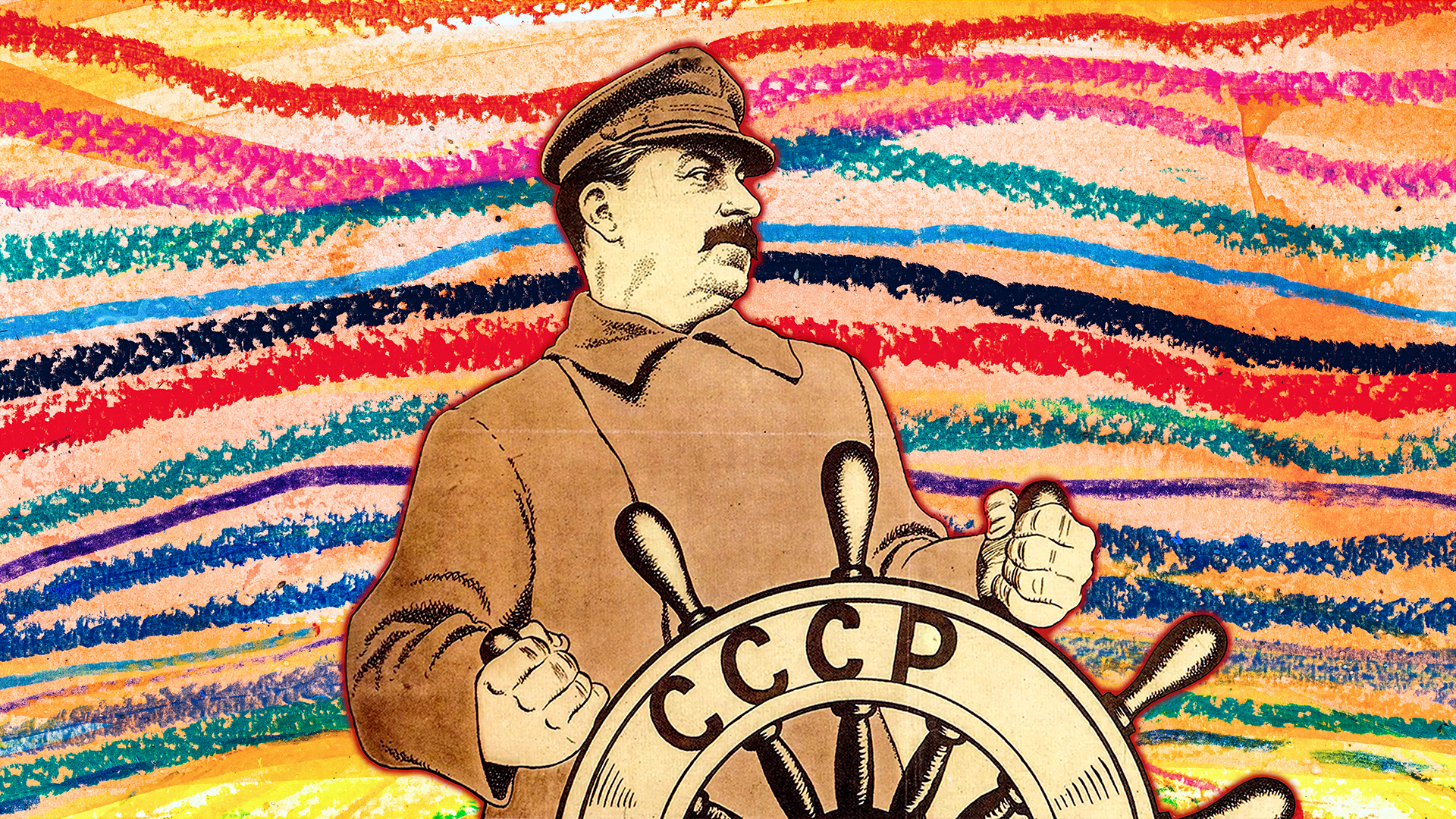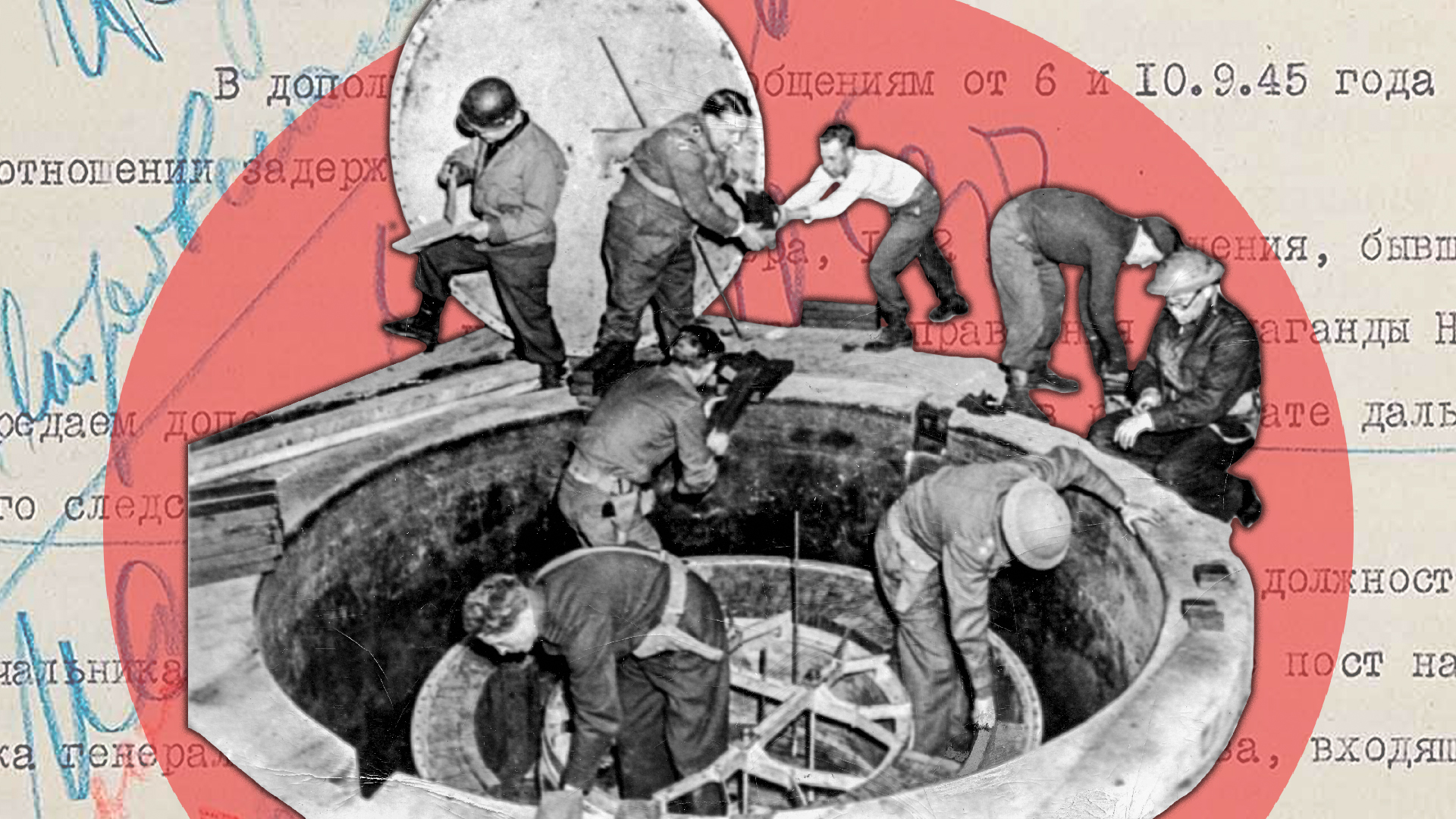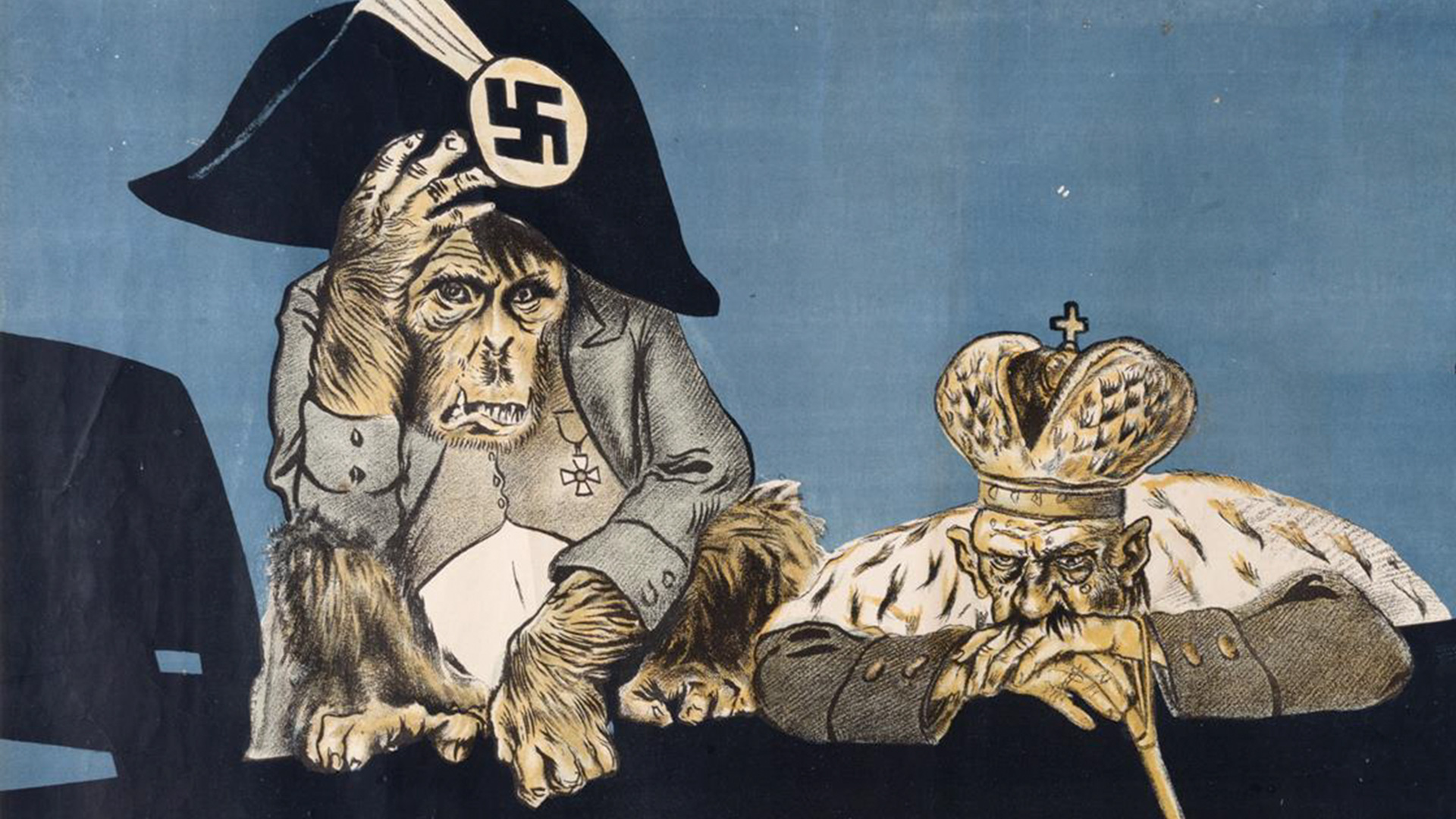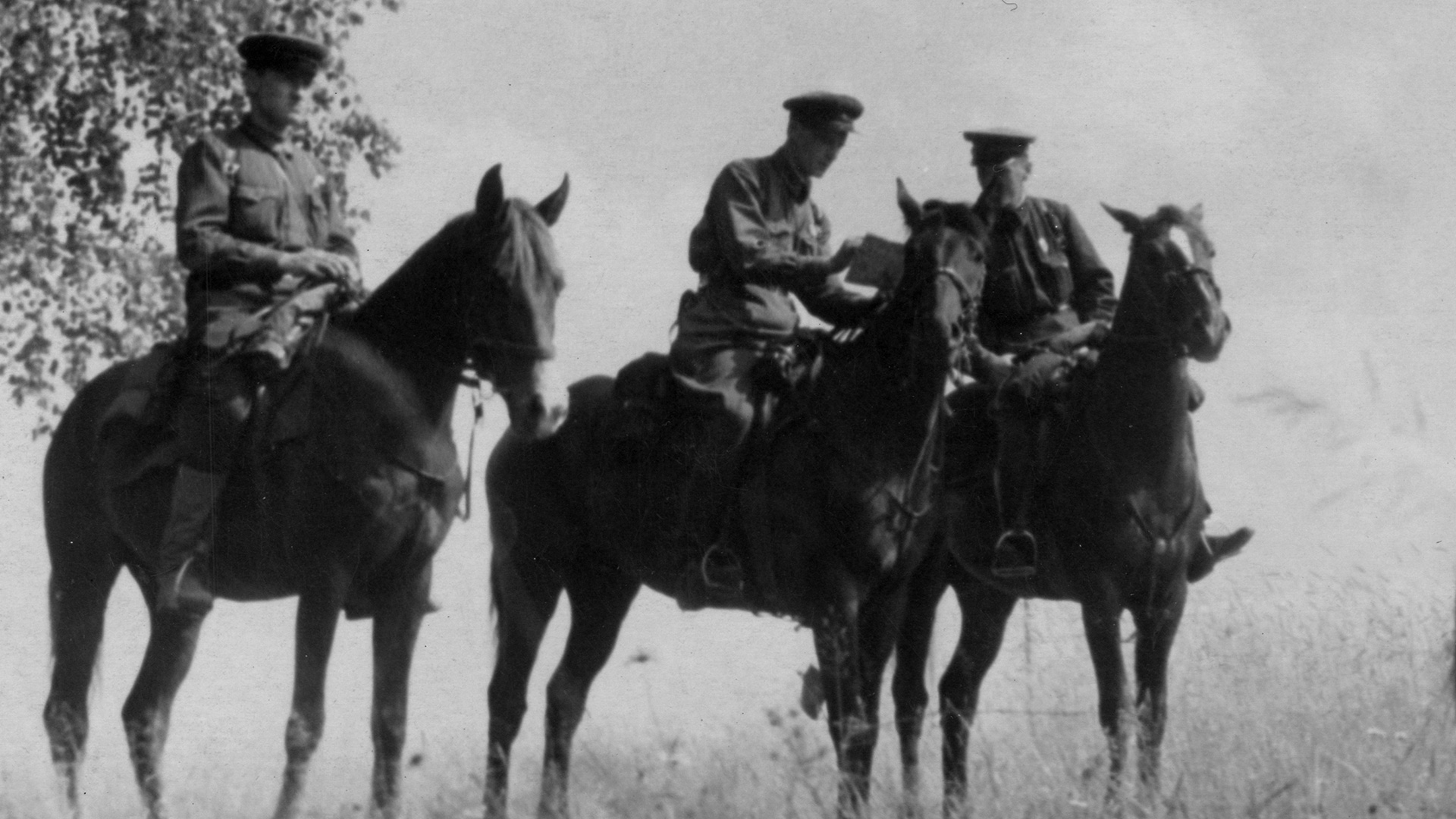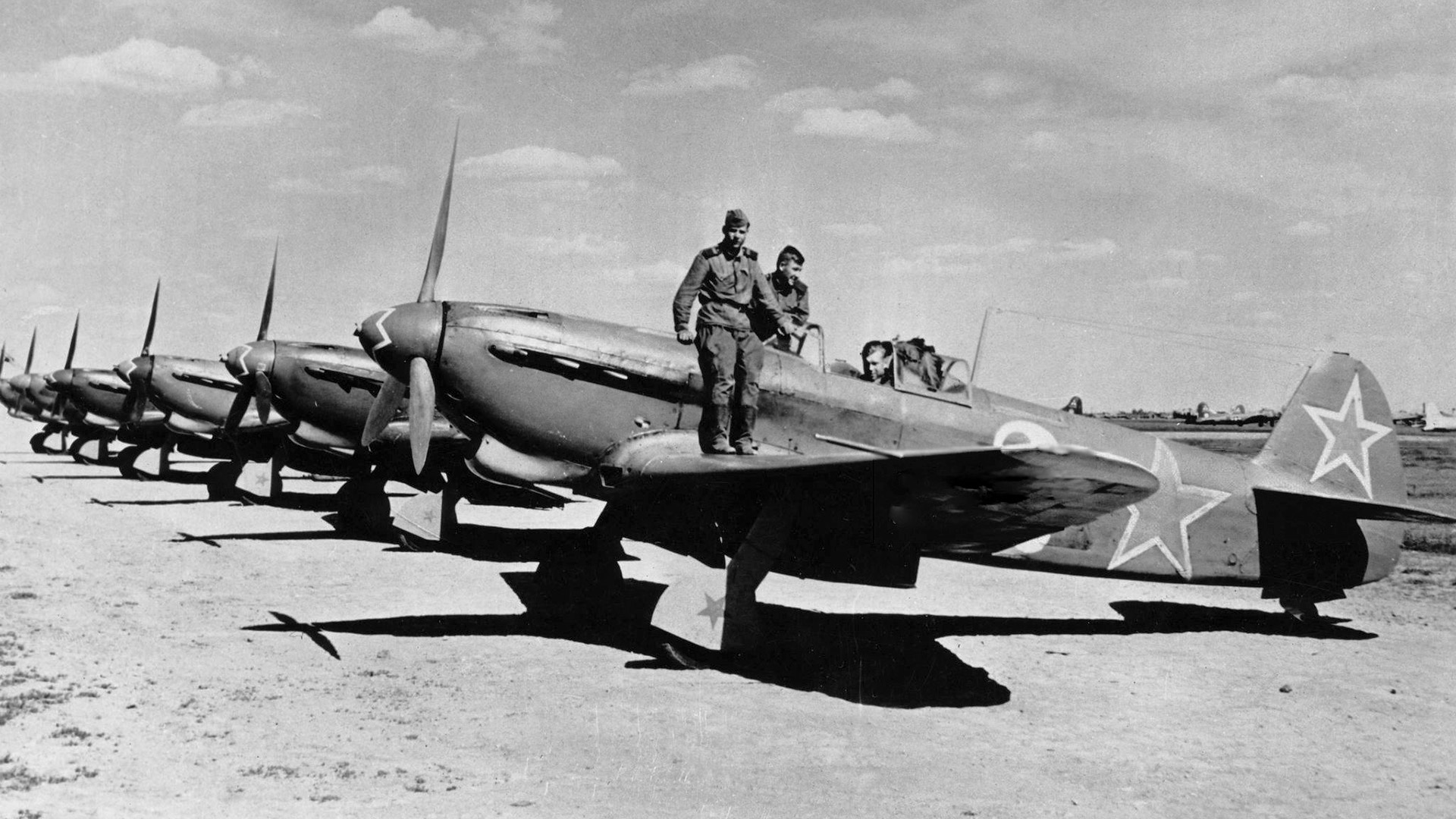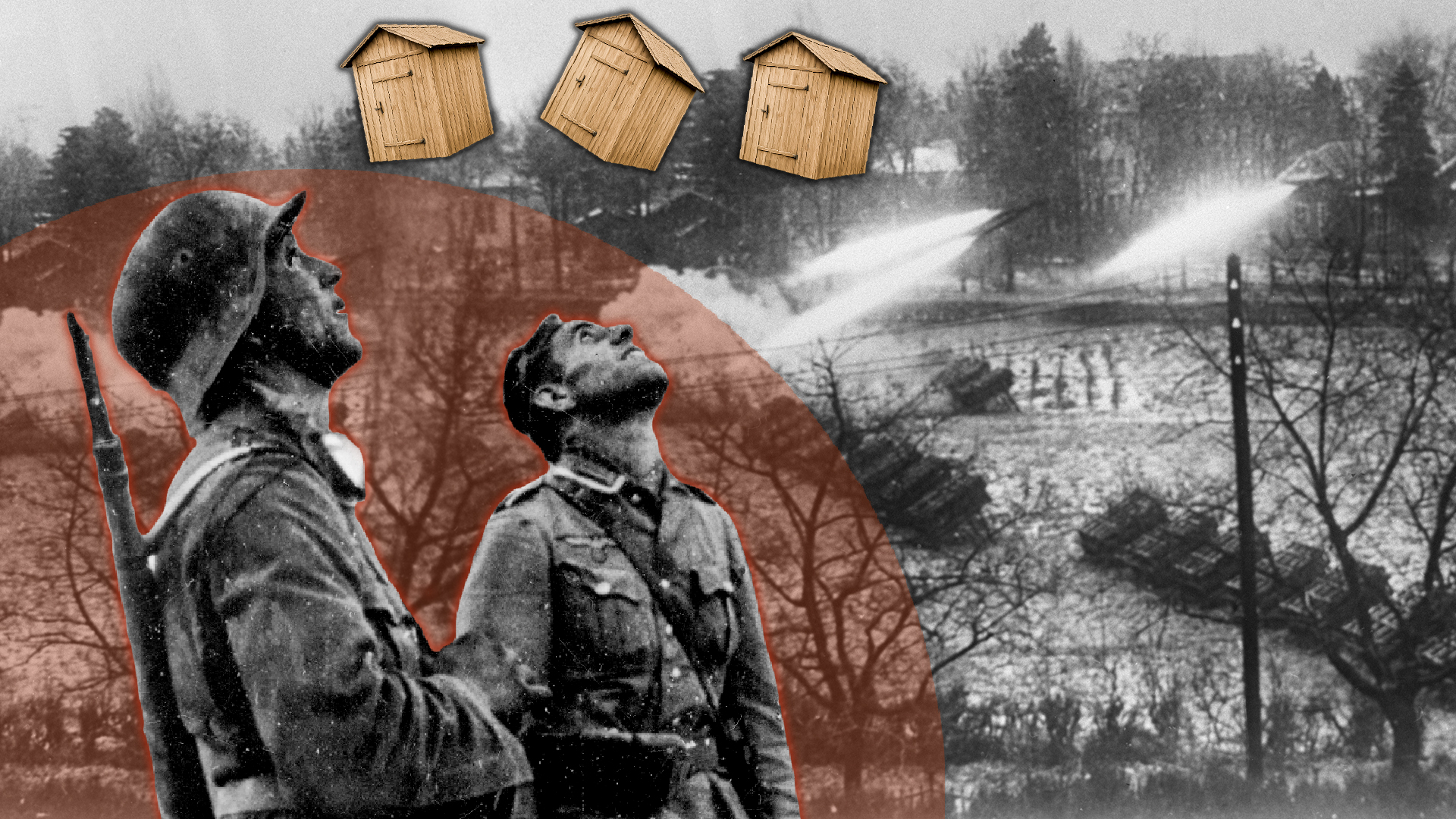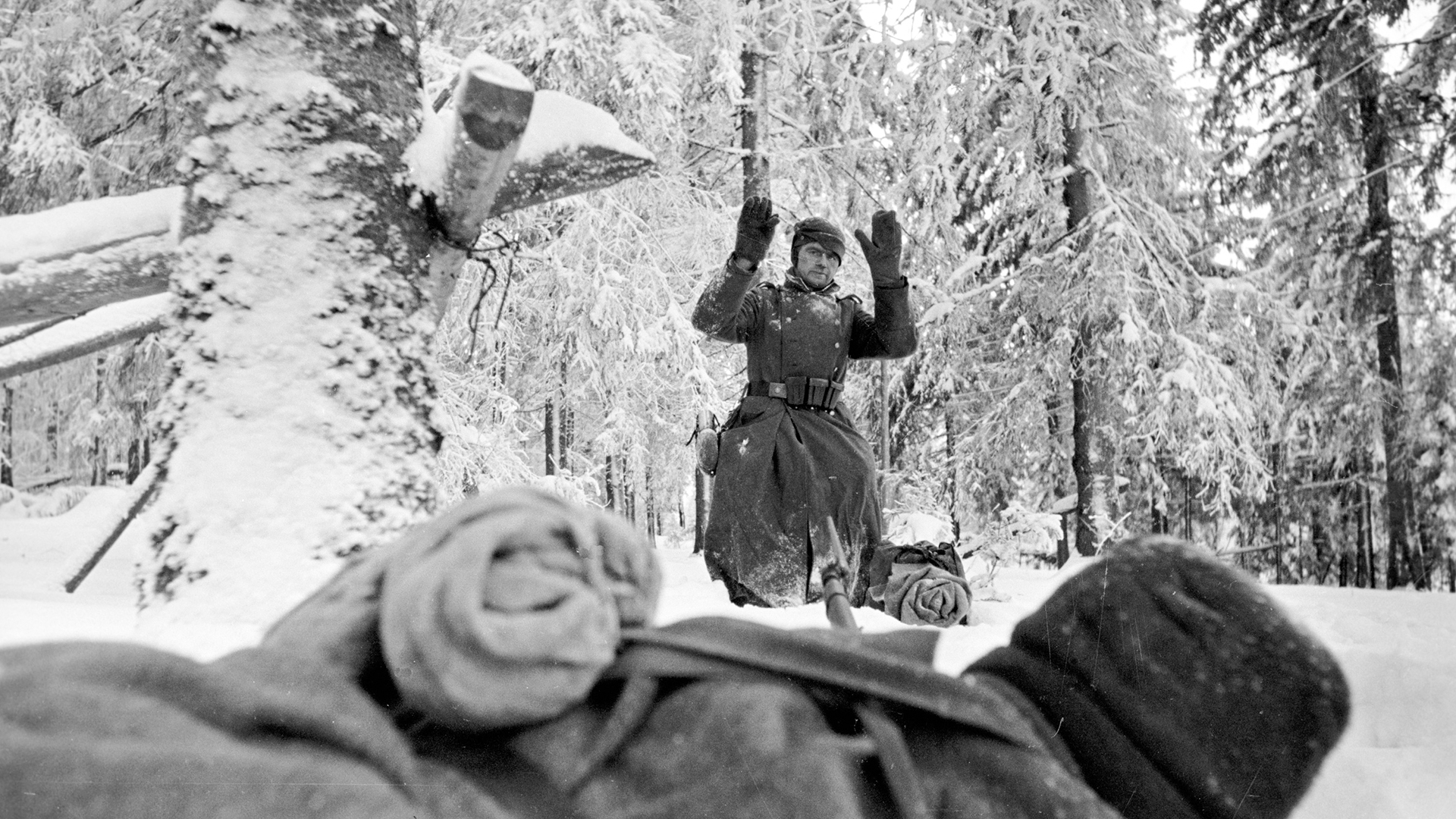
3 best Soviet saboteurs of World War II

1. Ilya Starinov

“The great demolition man”, “the grandfather of the Soviet special forces”, “the god of sabotage”, “the genius of mine warfare” was what they called Colonel of the Engineering Troops Ilya Starinov.
He not only effectively destroyed enemy bridges and military trains, but also trained many sabotage units and developed a number of mine-explosive barriers and equipment.
In October 1941, Starinov's group mined Kharkov. In the basement of a large administrative building in the city center, he planted a powerful F-10 radio mine at a depth of five meters and, above it, at a depth of two meters, a regular slow-action mine, to distract attention.
The saboteur was sure that the enemy command would definitely choose such a luxurious building for itself and he was not mistaken. After the German sappers defused the “float mine”, Lieutenant General Georg von Braun and the headquarters of the 68th Infantry Division were stationed in it.
Early in the morning of November 14, the F-10 was activated by radio signal. The powerful explosion killed von Braun and dozens of staff officers.
Starinov was repeatedly nominated for the title of ‘Hero of the Soviet Union’, but because of his straightforward and quarrelsome nature, the award kept being cancelled.
For the same reason, he never became a general. But, he himself took it easy. “It is better to be a living colonel than a dead marshal,” said the saboteur, who lived to be 100 years old.
2. Konstantin Chekhovich

Exactly at 8 o'clock in the evening on November 13, 1943, a powerful explosion was heard in the building of a cinema in the city of Porkhov in the Pskov region, as a result of which more than 700 German soldiers, 40 officers and two generals were killed.
The organizer and executor of this large-scale sabotage was Konstantin Chekhovich, the administrator of the cinema and a fighter of the 7th Leningrad Partisan Brigade.
At the very beginning of the war, Chekhovich, then the commander of a platoon of sappers, was captured by the Germans near Leningrad. But, two weeks later, he managed to escape and joined the partisans.
He was assigned to blow up the Porkhov movie theater, where not only German servicemen gathered to watch movies, but also a branch of the SD Security Service was located. Chekhovich worked on the task for two whole years.
He got a job as a mechanic at the movie theater and soon rose to the rank of administrator. Little by little, he moved 65 kg of TNT into the building, distributed it around the perimeter and adjusted the clock mechanism.
He was nominated for the title of ‘Hero of the Soviet Union’, but, due to being in captivity, the award was never officially given to him. He died in Odessa in 1997.
3. Yelena Kolesova

From the very beginning of the war, primary school teacher Yelena Kolesova was eager to go to the front. She worked on the construction of defensive structures, completed courses for first aid workers and finally ended up in a sabotage and reconnaissance group.
In October 1941, Kolesova was successfully carrying out missions near Moscow. In January 1942, near the city of Sukhinichi, she even had to fight as a simple infantryman. The enemy then broke through to the rear of the Soviet troops and the command threw everyone into the battle, including scouts and saboteurs.
For that battle, Kolesova was awarded the ‘Order of the Red Banner’. And, soon, she herself became the commander of a sabotage and reconnaissance group, consisting exclusively of girls.
On the night of May 1, 1942, her group was dropped by parachute in the Minsk region. Some crashed upon landing or were immediately captured. Others began to effectively destroy enemy infrastructure, blowing up German trains with equipment, setting up ambushes and eliminating collaborators.
On September 11, 1942, the saboteurs, together with a number of partisan detachments, organized an attack on a German garrison in the village of Vydritsa. The operation was successful, but, for Yelena, this battle proved to be her last.
On November 21, 1944, Kolesova was posthumously awarded the title ‘Hero of the Soviet Union’.


